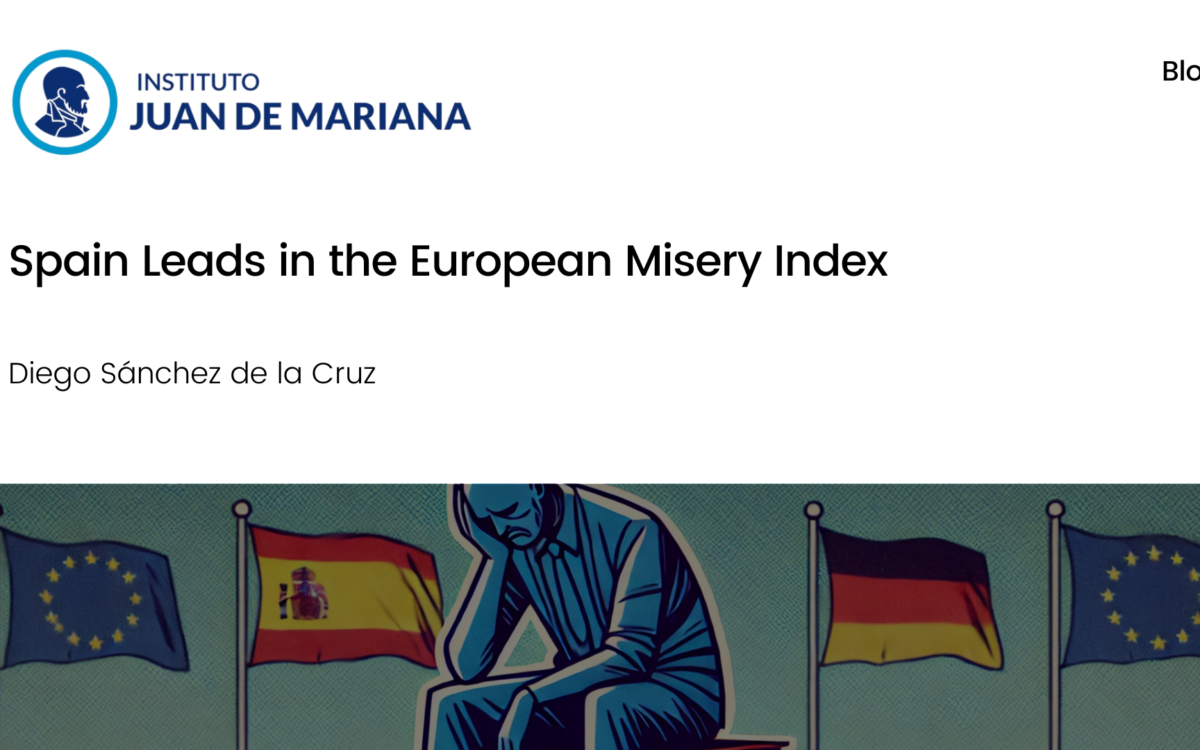France’s Quest for European Tech Leadership

France’s Quest for European Tech Leadership
Zine-Eddine Aklil // 3 March 2020
Despite being a fierce supporter of pro-Europeanism and market liberalisation in the past, Emmanuel Macron’s plans for European-wide protectionism has been relatively unsuccessful. Early in his term as president, his proposal for a ‘Buy European Act’, similar to the Buy American Act, was quick to be criticised by the European Commission.
As a result, Macron has decided to put France first, as his latest reforms suggest that the country is seeking to lure more investors in a bid to energise the French tech industry.
Investors seeking to tap into European emerging markets have long complained that the current set of regulations have made it increasingly difficult for tech start-ups. Martin Mignot, a partner with a stake in French start-up BlaBlaCar, claims that there needs to be a pan-European solution to the issue: “Entrepreneurs feel that regulations have been slowing them down and are putting them at a disadvantage to large companies operating in different economic areas.”
There are signs that those working in Brussels are alert to the issue, with Commissioner Thierry Breton hinting that the Commission might have a closer look at the topic.
Previous regulatory proceedings have made Macron’s ambitions to liberalise the French economy quite difficult. For context, France has ranked at the bottom of the Employment Flexibility Index for the past three years. The country’s legislation has set very rigid labour regulations in regard to working hours, probationary periods, and redundancy costs. As such, European founders have been forced to shift to the US to grow their businesses given the support for start-ups available.
Emmanuel Macron’s response has been to introduce changes regarding corporate tax provisions that, he claims, will give the country a clear advantage in plans to attract more ‘unicorns’. These reforms have found relative success in their early stages. This has built a stronger case behind France’s quest for tech leadership by incentivising employees to come from abroad and innovate within the country.
The French Finance Bill of 2020 falls in line with this eagerness by Macron’s administration to help France become start-up friendly. The Act’s most important feature is the change to the purchase rights of shares for employees (BCSPE). This initiative not only allows employees to become eligible for discounts on bonds, but for the employees of foreign start-ups to benefit from these discounts based on the performance of the parent company abroad. Philippe Tibi, Professor of Economics and Finance, has helped inspire policy reforms for this act in what he has hailed as the “fourth industrial revolution”.
Macron has toughened his position on similar issues just as strongly on the international stage. With Trump putting pressure on other EU leaders on privacy matters, this has presented the French President with a dilemma. France can stay strong and keep the implementation of the so called GAFA (Google, Apple, Facebook and Amazon) tax, which concerns firms who’s revenue exceeds €750m, or risk sanctions of up to $2.4bn on French products, as threatened by US officials.
Phil Hogan, the EU’s new trade commissioner, who described digital taxation as “a very major bone of contention with the US”, claimed that the EC will stand together with France in their wish to have the sovereign right to impose digital taxation on companies.
Having coined the term “start-up nation”, Israel has had more than sixty companies listed on the Nasdaq by the end of the 2000s. France can learn from this experiment. Being a state that already invests significantly in higher education, maintaining a policy of public funding for research and offering an advantageous loan system for young companies are the next key steps that are to be taken if Macron truly seeks to revolutionise the fintech industry and transform France into a hub of world-leading expertise in the domain.
EPICENTER publications and contributions from our member think tanks are designed to promote the discussion of economic issues and the role of markets in solving economic and social problems. As with all EPICENTER publications, the views expressed here are those of the author and not EPICENTER or its member think tanks (which have no corporate view).



